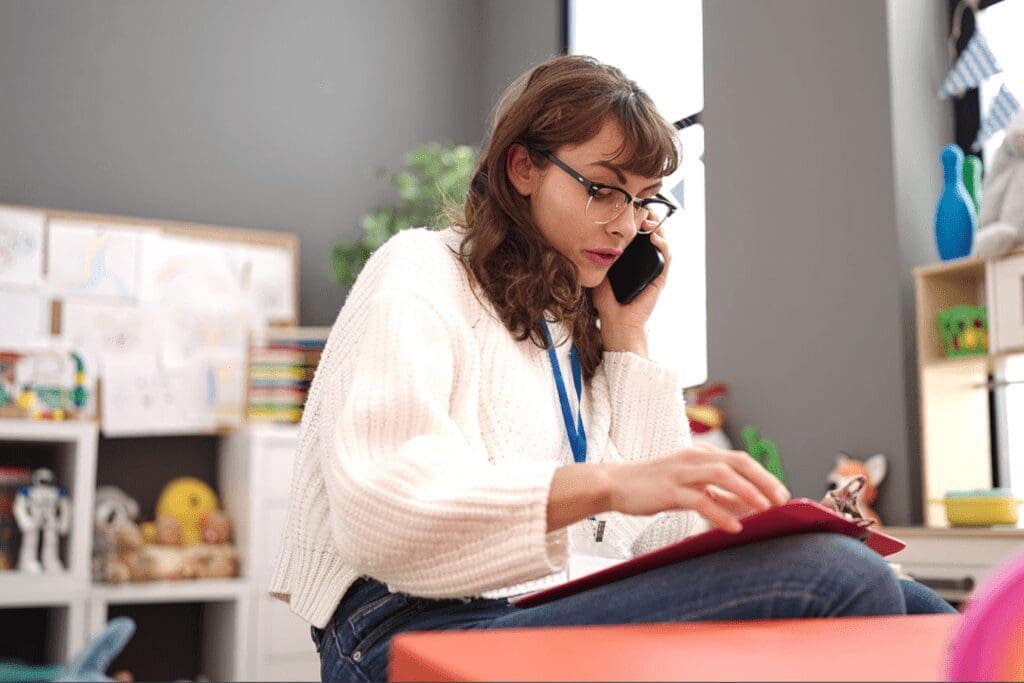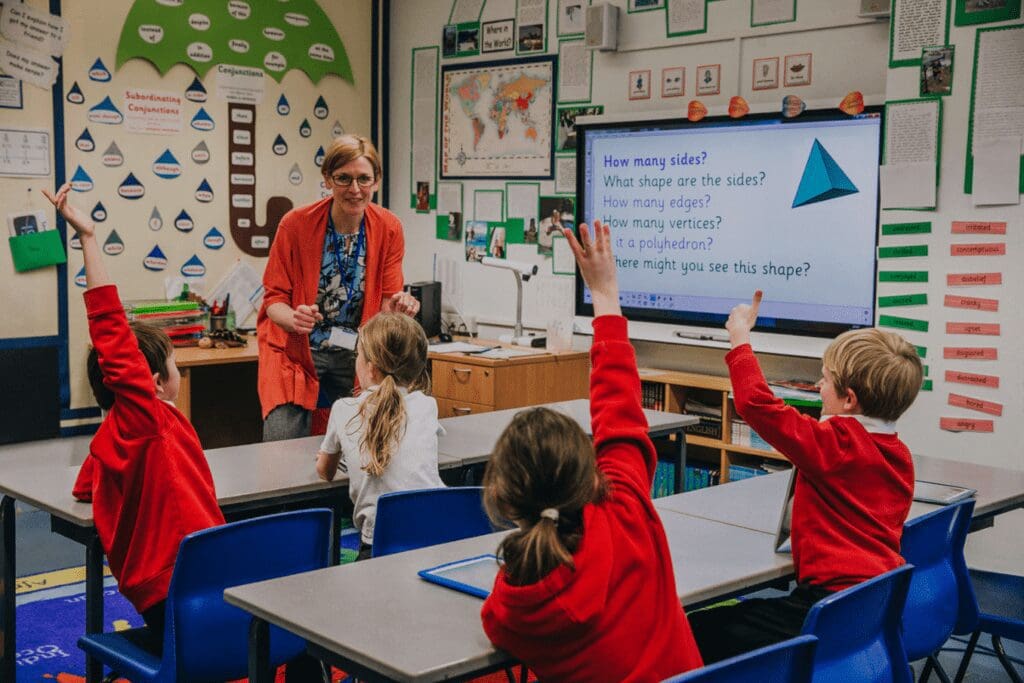Lesson observations are a great way for teachers to improve their practice. If another teacher observes your lessons, they can give some insights, perspectives, and tips about how you can improve.
As well as improving your practice, lesson observations can provide fantastic evidence for your teaching portfolio. All Australian teachers will need to move from the Graduate career stage to Proficient, but you may also decide to become a certified Highly Accomplished or Lead Teacher. You will need to collect evidence of your practice during each of these processes.
See more: Is it Worth Becoming a Highly Accomplished Teacher?
Lesson observations are useful for those doing the observing as well. If you’re an early career teacher or just new to a school, you can learn a lot by observing a few lessons. These observations will give you some tips and tricks for your teaching, as well as let you gauge the expectations and status quo at this school.
If you’re a school leader, taking the time to observe lessons can give you valuable insight into how your school actually works. You don’t want to make your teachers feel judged, but use them as a starting point for coaching conversations or to identify strengths that can be shared with other staff. Many school leaders only have a limited idea of what their school looks like on the ground, so doing a few lesson observations can go a long way towards increasing your impact as a leader.
See more: Lesson Observations – Common Questions and Concerns for Teachers

1. Have a discussion before the lesson observation.
Before you start your lesson, make time to talk to the person who will be observing you. This is a great opportunity to share what your plan for the lesson is and why.
By talking to your observer, you can demonstrate that you:
- Know your students.
- Have chosen specific teaching strategies for a reason.
- Can adapt when things don’t go according to plan.
By taking time to have this conversation, you can link your lesson clearly to the Australian Professional Standards for Teachers. This is particularly useful if you’re doing your lesson observation as evidence for your portfolio or for a performance review.
2. During the lesson observation, take factual notes.
This is a key step that many observers miss. During the actual lesson, you only want to note down what you see and hear, not what you think and feel. Make your record as objective as possible, as the interpretation will happen afterwards with the teacher being observed.
And do please take notes. Don’t rely on your memory to bring to the conversation afterwards because you will filter out only what you saw as important, not what actually happened. In addition, the teacher may want to use the notes as evidence for their teaching portfolio or for a performance review, and you might want to use them as evidence of practice for school improvement. You want to make sure that your observation was as useful as possible for everyone.

3. After the lesson observation, interpret the notes together.
After the lesson has finished, you’ll need to find another time to sit together to talk about what happened. This is where you take the notes that the observer has taken and make some meaning.
Some questions to use to guide the conversation:
- Did the lesson turn out how you planned?
- Were the students ready to learn?
- What did/could you have done if things hadn’t gone to plan?
4. Commit to some next-steps together.
You can leave the conversation there, but it might be useful to delve deeper and do some coaching. Some more questions you could discuss:
- Did you notice… ?
- What could you have done if….?
- What will you do next time?
- How will you change your next lesson based on what you learnt today?
After the observation, you might decide that you’re going to try a different strategy or tweak one slightly. You might need to follow up with a particular student or their family.
You might also decide that the person observing you should give additional support. Particularly if your observer is a school leader or manager, discuss what you need from them and how they can better support your work in the classroom. Maybe it’s another observation in a few weeks’ time, or maybe it’s providing some professional learning.





